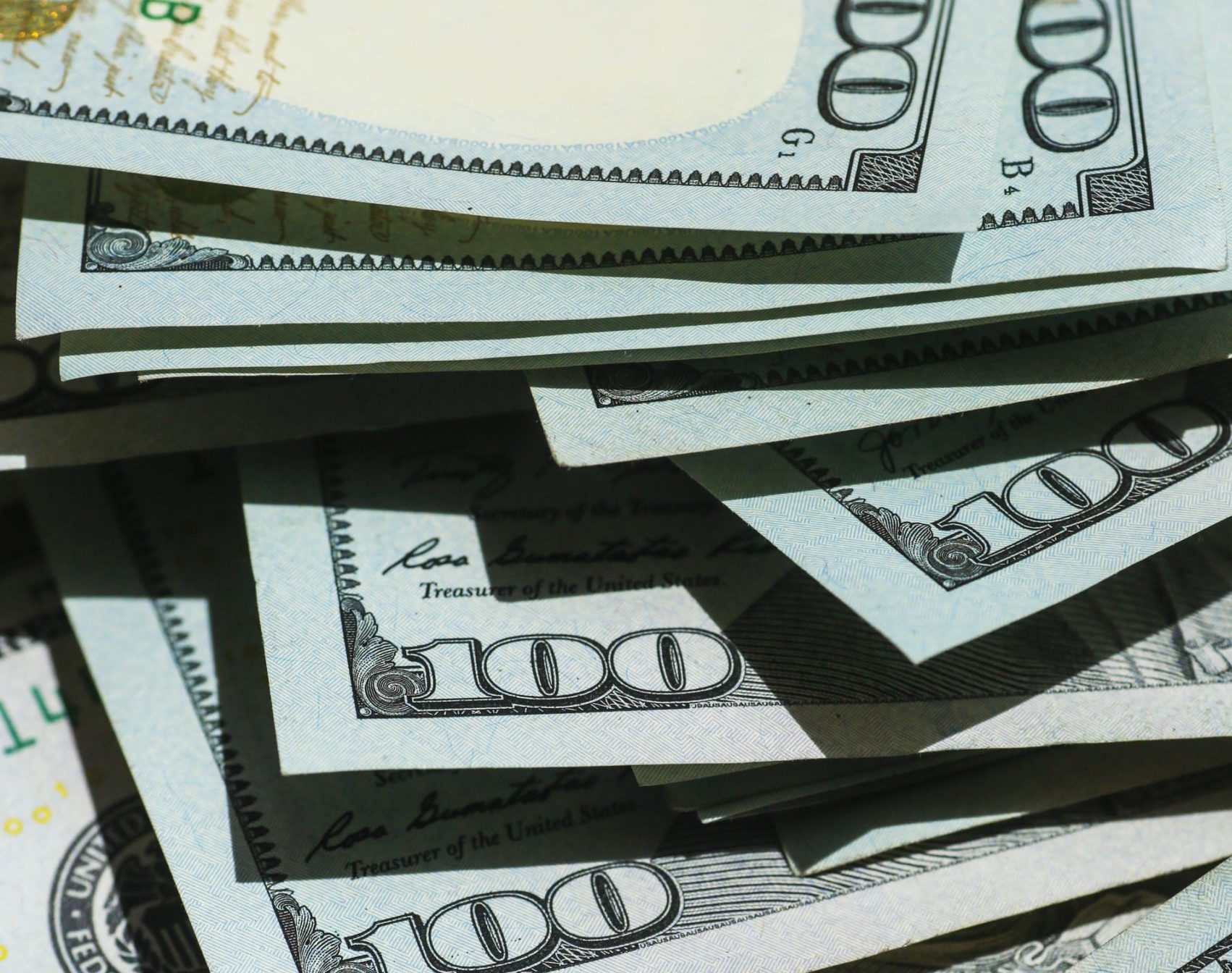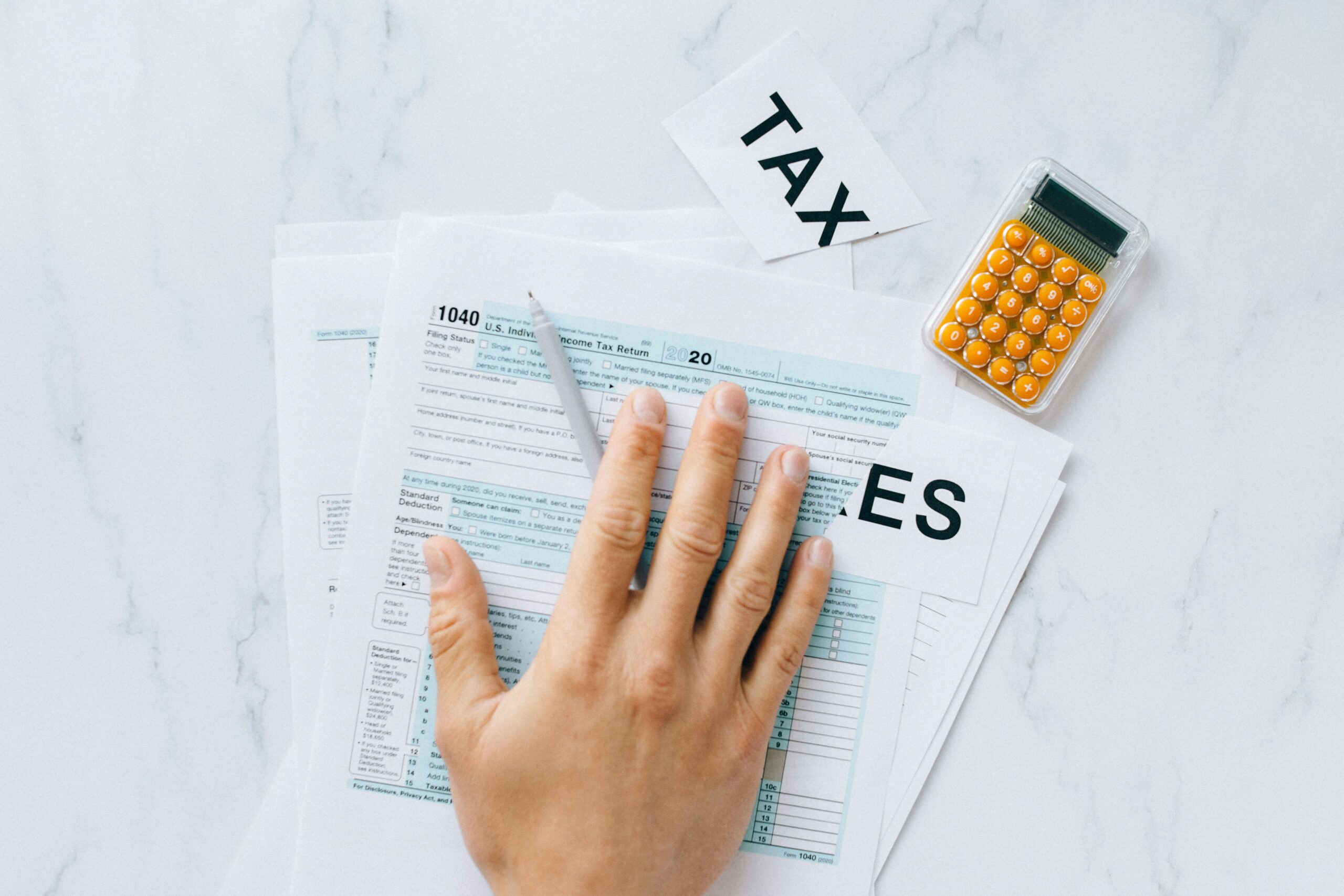The Federal Reserve, the central banking system of the United States, has dramatically increased the amount of dollars in circulation as it printed unprecedented amounts of money to support the economy in the face of the COVID-19 pandemic.
The stark increase has fuelled debates about inflation and has helped asset prices soar, a trend that has seen many question the relation between the real economy and the stock market, as the former falters and the latter achieves record highs.
Data published by the Federal Reserve, known as “the Fed”, shows that a broad measure of the stock of dollars, known as M2, rose from $15.34 trillion at the start of the year to $18.72 trillion in September.
The increase of $3.38 trillion equates to 18 per cent of the total supply of dollars. It means almost one in five dollars was created in 2020.
M2 includes physical notes and coins, banks reserves held at the Fed, accounts at banks, and money market mutual funds.
The increase is even larger when taking a narrower measure of money, M0, which includes only physical money and bank reserves at the Fed, which rose from $3.44 trillion in January to $4.8 trillion in August, representing a 28 per cent jump.
The increase in the amount of dollars reflects the intervention undertaken by the Fed to support the economy, including around $3 trillion pumped into the economy in spring during the height of the pandemic.
Although it is often described as printing money, the Fed in practice creates digital dollars to buy up government bonds and other securities in the secondary market. The policy, known as quantitative easing (QE), aims to flood the markets with cash to keep borrowing cheap.
Banks also create money when they lend, with most money in the economy being created this way.
The Fed is continuing a practice that became mainstream in the aftermath of the Great Recession, which saw central banks around the world creating money at remarkable speeds.
The effects of QE include record-breaking stock market highs and rapidly inflating real estate prices.
However, inflation for most consumer goods has not been affected, despite the flush of money entering the economy.
Whether the latest round of heavy QE will push inflation into the real economy remains to be seen.
Malta introduces new 15% tax regime for highly skilled professionals
Qualifying individuals are taxed at a flat 15% rate for an initial five-year period
Ryanair cuts Malta link to Serbia’s Niš
The low-cost airline is slashing some major routes in Germany, Spain, Belgium, Portugal and Malta
Event tourism is the standout travel trend for 2026 – How will Malta fare?
The global tourism market is booming, and events are leading the way






